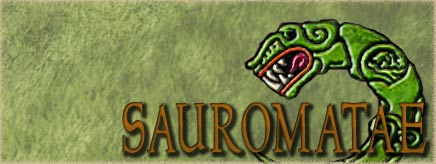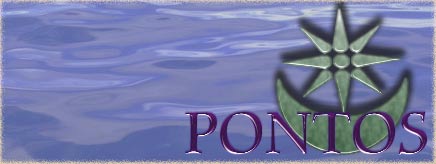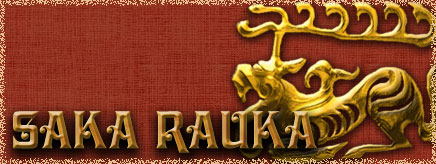Revolutions win not by the power of their ideas, but when they manage to make a new ruling class that is better than the one before.
---
In politics, returns to the past are always a mistake.
---
Just like every great empire, the Roman one wasn't destroyed by an external enemy, but by his inner troubles.
---
In Italy, when we studied history the only used style was the aulic and apologetic one. [...] There is nothing more tiring than following an history populated only by monuments. [...] Then I started to browse also all the other Roman historians and memorialists. And it was like giving life to stone. Soon all those protagonists that during school times were introduced to us not as men but as mummified in an attitude of abstracted symbols, lost their mineral immobility; they livened, they coloured of blood, of vices, of weaknesses, of tics, of little or great obsessions, in conclusion they became alive and true.
Why should we have, for those characters, more respect than how the Romans themselves did? And do we give them a great service by leaving them on a pedestal inside a cold hall of a museum, that only pupils, for exam diligence, are forced by the teacher to visit? [...]
What makes great the history of Rome is not that it was made by men different from us, but that it was made by men just like us. They didn't have anything of supernatural. And if they had had it, we would lack reasons for admiring them. Between Cicero and
Carnelutti there are many aspects in common. Caesar when young was a big rascal, he remained a womanizer for the entire life and combed his own hair with a strand patch because he was ashamed of his baldness. This doesn't contradict his greatness as a general and a statesman. Augustus didn't pass all of his time, like a machine, organizing the Empire, but also struggling with his colitis and the rheumatisms, and nearly lost his first battle, that against Cassius and Brutus, for an onset of diarrhea.
I think that the greatest wrong we may do to them is to pass over in silence their human truth, like we fear to see them belittled by it. Contrariwise. Rome was Rome not because the heroes of his history didn't commit crimes and foolishnesses, but because even their crimes and foolishnesses, in so far as big and sometimes huge, couldn't hurt her right to primacy.
---
Christiandom didn't destroy anything. It only buried a corpse: the one of a religion in which everybody no more believed; and filled the vacuum it left.
A religious belief counts not because it builds temples and does particular rituals, but because it gives a moral conduct. The paganism gave that, but when Jesus Christ was born, it was already in disuse, and men, consciously or not, were seeking for another one. The birth of the new faith didn't cause the ruin of the old one, but the ruin of the old one gave to the new faith the possibility to rise.
Despotism is always a sickness, but some situations cause it to be necessary. Tertullianus well understood this process and openly wrote about what was happening. He thought that the pagan world was in liquidation, and the sooner it is buried the better it is for everybody.
---
Revolution, despite the common belief, isn't born in the proletary class, which then gives it manpower; but in the high, aristocratic and burgeois ones, which then suffer it. It is always, more or less, a form of suicide. A class can't be destroyed until it has already destroyed itself.
(referring to the incoming arrival of the Gracci and Gaius Marius)
---
Men do not know how to appreciate and measure luck except that of others. Their own never.
---
Sulla's restauration had a fundamental fault: it was, exactly, a "restauration", that is something that denied the needs, or, as we would say today, the "istances" that caused the revolution. In order to accomplish a long-lasting work, Sulla lacked what was the most necessary thing: trust in men. Who don't deserve it, but want it from those who intend to lead them. Sulla didn't believe to anything; not even to the chance to improve his fellows. He had a so great love for himself, that he didn't have much else for other people. He disliked them and thought that the only thing to do was keeping them in order. For this reason, he made a formidable police deployment, left in the hands of aristocracy: not because he valued it, but because he believed that the populari were even more despicable and that every reform of their would have been a worsening.
The consequence was that ten years after his death, his political work was in ruin. The patricians, who remained with all that power in their hands, rather than using it for putting some order in government and society, took advantage of the situation in order to steal, corrupt and kill. Everything became a matter of money.
Originally Posted by History of Rome





 Reply With Quote
Reply With Quote The best is yet to come.
The best is yet to come.










Bookmarks